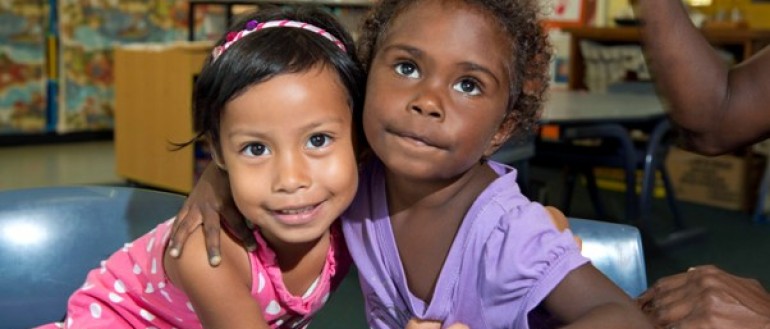Funders:
- National Health and Medical Research Council (NHMRC)
Collaborators:
- Menzies School of Health Research
- Queensland Children’s Hospital, South Brisbane
- Queensland University of Technology, Brisbane
- Gold Coast University Hospital, Southport
- Griffith University, Southport
- University of Malaya, Kuala Lumpur, Malaysia
- St Luke’s Medical Center and National Children's Hospital, Quezon City, Philippines
- Concord Repatriation General Hospital, Sydney
- Mater Adults Hospital, Brisbane
- Royal Children’s Hospital, Melbourne/Murdoch Children’s Research Institute, Melbourne
- University of Newcastle, Newcastle
- Telethon Kids Institute, University of Western Australia/Perth Children’s Hospital, Perth
Aims:
Among children and adults with bronchiectasis, can acute respiratory exacerbations (REs) be reduced during 12 months of treatment with oral erdosteine compared to placebo (equivalent volume or capsule) given twice daily.
Secondary aims are to:
- Determine the effects of 12 months of erdosteine treatment on:
- Parent-proxy quality of life (PC-QoL-8) [children] and bronchiectasis QoL (QoL-B) [adults] at 6, 12 and 15 months and
- Other secondary clinical outcomes such as
- change in lung function,
- time to next exacerbation,
- number and duration of hospitalisations
- Cost effectiveness
- Investigate if inflammatory and/or microbial biomarkers will identify pathways and/or predict those at greater risk of recurrent respiratory exacerbations.
Summary:
Bronchiectasis is a commonly seen chronic lung disease in our inpatient and outpatient services of QCH. The unmet needs of people with bronchiectasis are huge, with relatively few randomised controlled trials (RCTs) and evidence-based interventions.
In this study we are investigating if erdosteine, a medication that is currently not used in Australia, can help to reduce exacerbations (flare-ups) in young people with bronchiectasis. Erdosteine is used in Europe and the USA for the treatment of chronic bronchitis and chronic obstructive pulmonary disease. Erdosteine is a mucolytic medication which thins mucus in the airways and makes it easier for the mucus to be coughed out. Its role in the long-term treatment of bronchiectasis has not been examined or established. This medication will be taken twice daily either as a capsule or oral suspension (liquid) depending on age of participant. We believe that it is possible that erdosteine could be helpful in reducing exacerbations and improving other clinical outcomes in young people with bronchiectasis.
We are also examining whether sputum and blood can be used as biomarkers to predict acute flare-ups. In a subgroup of children, we will be examining the bacteria in the sputum and/or blood (gene expression means we are looking at the protein and molecules that cells are making, it does not examine genes).
Implications for policy and practice:
The findings of this RCT may alter routine clinical practice if erdosteine is shown to improve the lives of children and adults with bronchiectasis. Also, it may provide novel discovery data that focus on improving clinical management through precision medicine approaches.
Chief Investigator:
Project Manager / local lead:
- A/Prof Gabrielle McCallum (local CI)
Contact information:
gabrielle.mccallum@menzies.edu.au
Project Dates:
2021 - 2024

